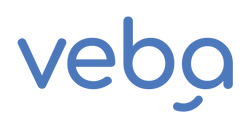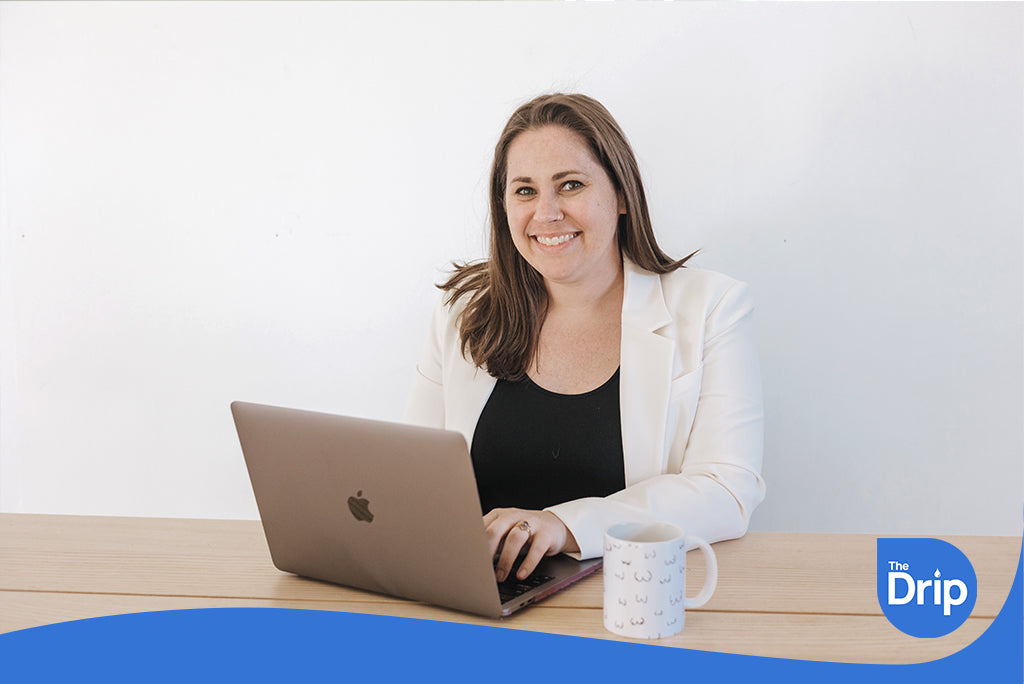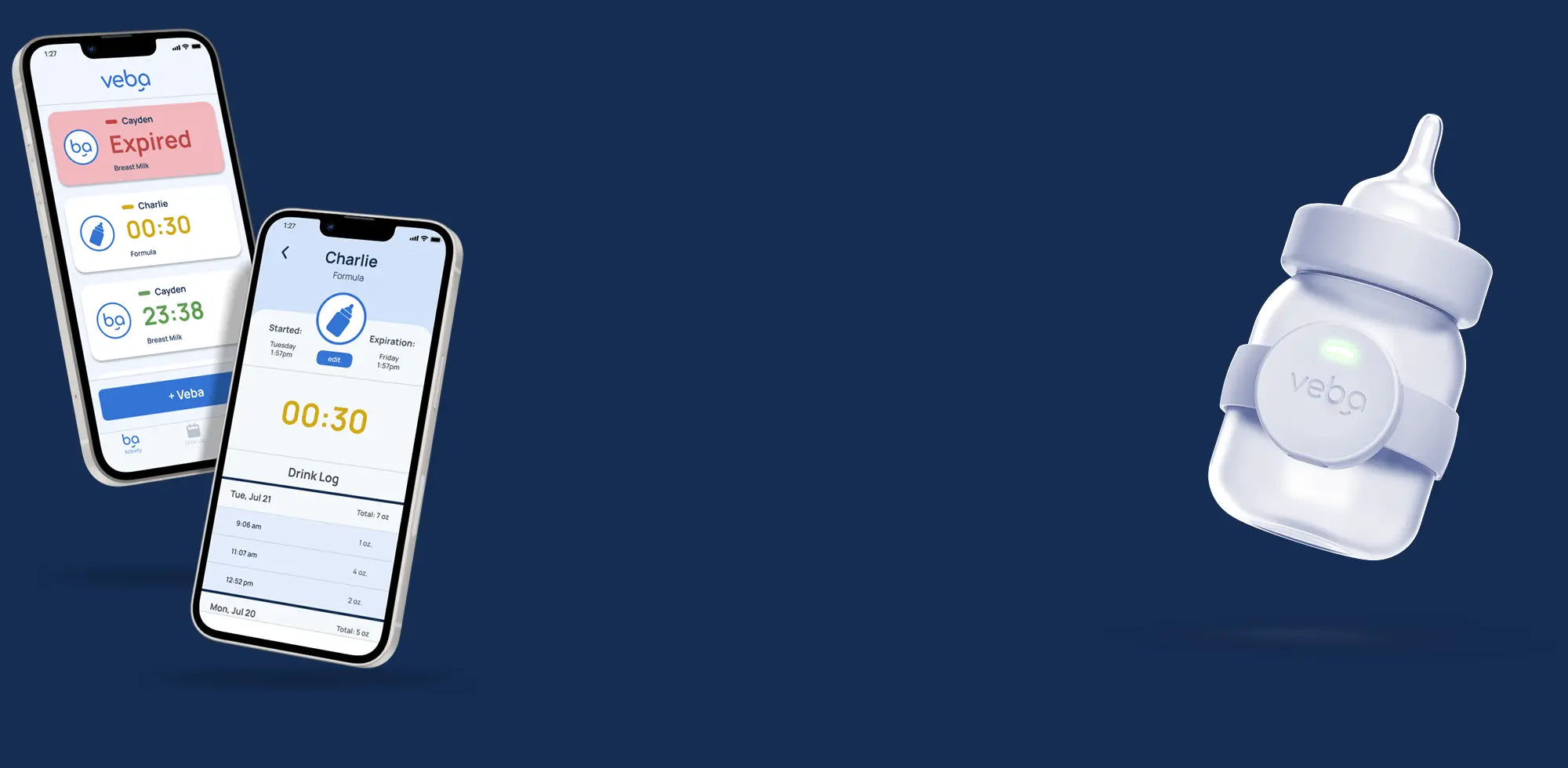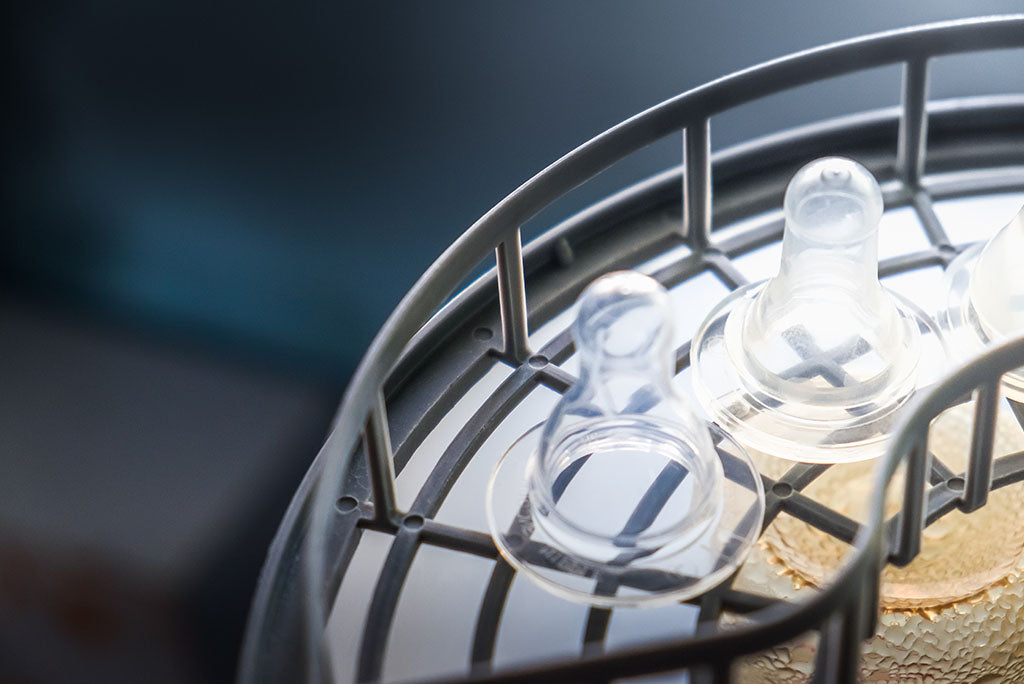In this issue of The Drip, Dr. Hope Lima, a clinician, professor, International Board Certified Lactation Consultant (IBCLC), and Registered Dietitian Nutritionist (RDN), is dropping all kinds of expert knowledge on breastfeeding, lactation, intuitive eating for mom and baby, and a whole lot more. To connect with Dr. Hope Lima, visit her Instagram handles @feedingfamilieseducation and @hopefeedsfamilies.
Q: You run three amazing organizations at the same time: Hope Feeds Families, Feeding Families Education, and Grove Nutrition Collective. How do you find the time to balance it all?
A: I truly love the work that I do so it has been a labor of love building my organizations while also working full time at Winthrop University. I balance all of these things because I have great teams. I also use an app called ClickUp to keep my life organized, so shout out to them (they’re the real MVPs haha).
Q: As a lactation specialist, what would you say is the most misunderstood part of the process for new and expecting moms?
A: I think the most misunderstood part of the process is the cognitive dissonance that occurs. New parents go through so many changes, and they are generally feeling like they are “supposed” to be happy. When really, there is room for all the feelings: fear, overwhelm, grief as you transition from one stage of life to another, joy, fulfillment, and so many more.

Q: If there is a piece of advice you could share with every mother struggling with lactation, what would it be?
A: If I could share a piece of advice to every mother struggling with lactation it would be that your value as a mother is not dictated by the amount of human milk you feed your baby. Breastfeeding is hard. Pumping is hard. Raising children is hard. And it has not made it any easier that our society has shifted away from a model of multi-generational homes and tight knit communities. The saying “it takes a village” is really very true, and many families no longer have that built-in village that came from our previous styles of living.
Q: In your vast experience, what is the most common lactation issue that mothers face?
A: I think that the most common lactation issue that mothers face is actually not a lactation issue at all: learning to trust themselves and their bodies. From a very young age, women are taught that they cannot trust their bodies. We see this running rampant in diet culture where women are encouraged to ignore their hunger cues in favor of shrinking their bodies. Women are taught to lean into external cues to tell them what to eat, how to act, how to dress, and so much more. Of course when we have spent decades hearing these messages, it would be difficult to trust your capabilities as a new mom, and breastfeeding without ever having seen it done before complicates that tremendously.

Q: As a registered dietitian nutritionist, you’re also a big proponent of intuitive eating. Do you have any tips for people looking to get started with IE?
A: If someone were looking to get started with intuitive eating, a great starting point is the intuitive eating workbook (found here) or reaching out to a Registered Dietitian who has expertise in intuitive eating (good directory here).
Q: Do you think parents can raise children with an Intuitive Eating philosophy?
A: I do believe that parents can raise children with an Intuitive Eating philosophy! I work with families on this, and breastfeeding creates a fantastic foundation for moving into IE work when raising kids. The act of breastfeeding is extremely intuitive — you listen to the baby’s hunger and fullness cues to guide feeding. There is also fantastic research by the Ellyn Satter Institute that helps guide this process as well.

Q: As the founder of Feeding Families Education, you provide further education to lactation and nutrition professionals. What would you say is missing in the current educational environment that you’d like to see changed?
A: Ah! This question is a huge rabbit hole/soap box for me. I would say the biggest thing that is missing from continuing education is true assessment of competency/learning. You can learn more about my teaching philosophy here, but in short, I think students of all ages and abilities need a safe space to make mistakes and grow so that they can truly grasp new concepts and ideas.
Dr. Hope Lima is a clinician, an International Board Certified Lactation Consultant (IBCLC), a Registered Dietitian Nutritionist (RDN), an Assistant Professor of Human Nutrition, a trained nutrition researcher, and runs three organizations focused on helping clients with maternal and child health. Hope’s advanced training includes pediatric food allergies, metabolism, and utilizing an Internal Family Systems-informed counseling approach to support families.
The Drip is an in-depth Q&A series featuring our partners, industry experts and parenting influencers — created to give today’s you the insights, support and words of wisdom you need to be the best parents ever.




